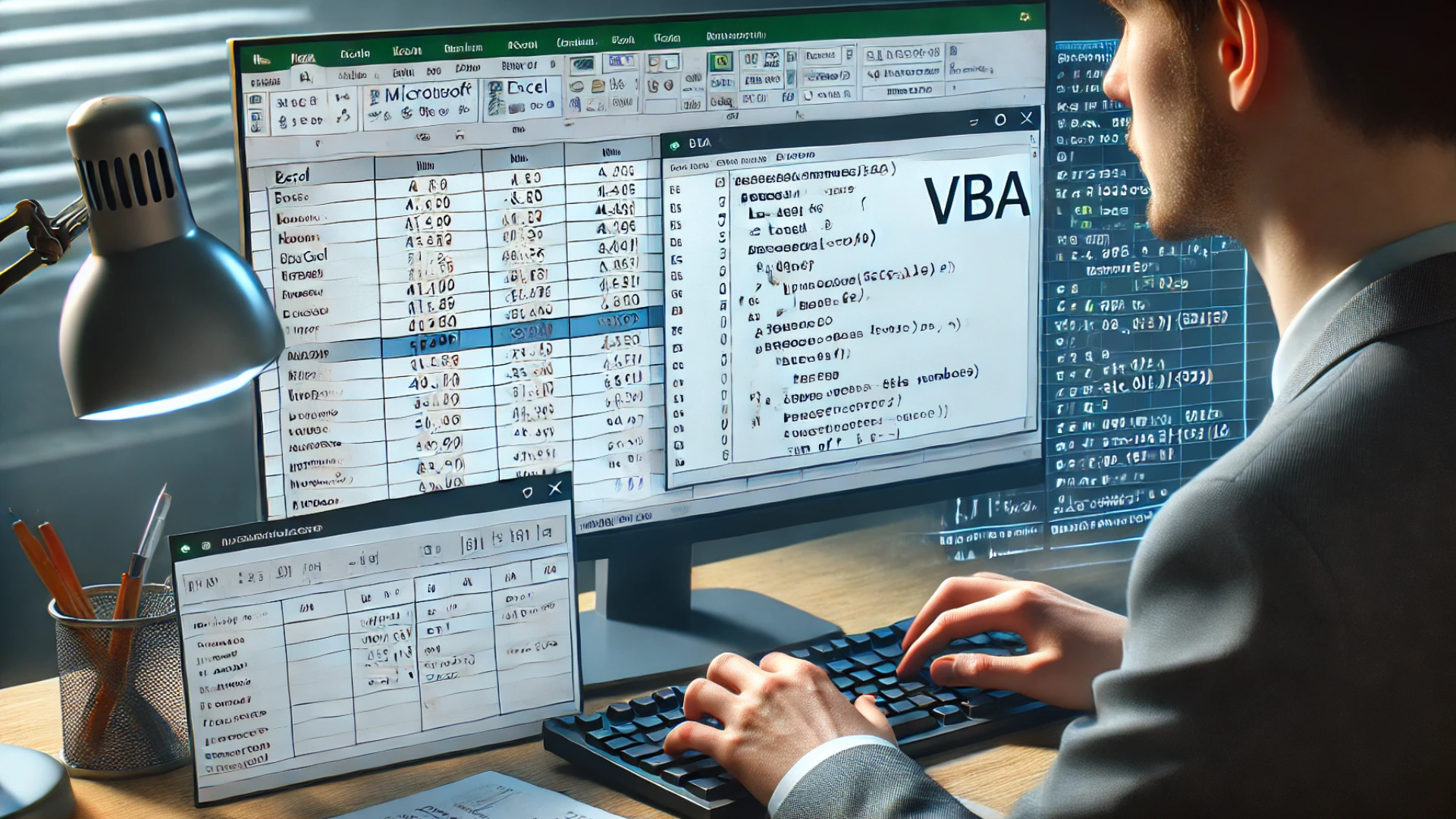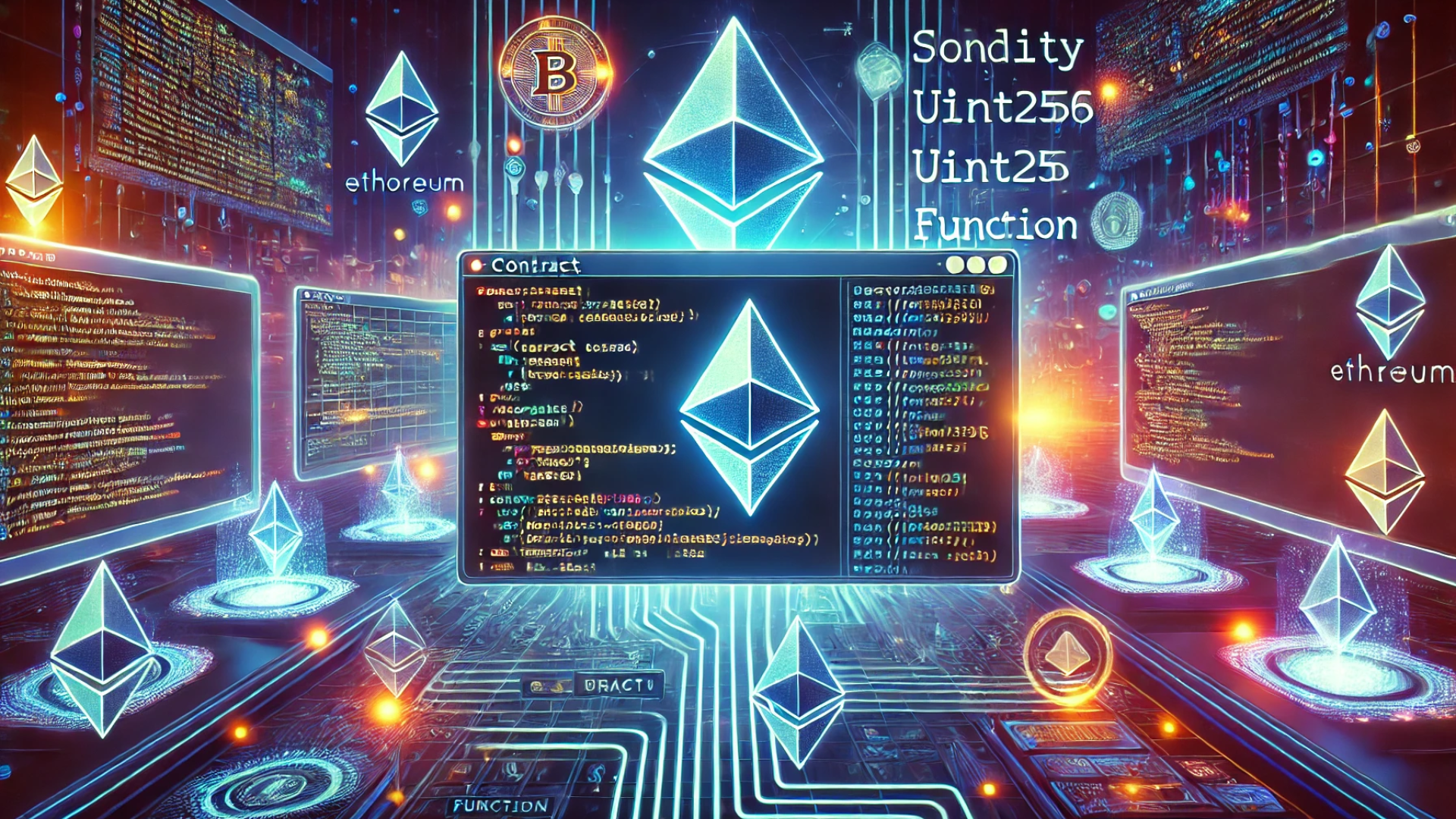
Artificial Intelligence (AI) has been making waves in various industries, and coding is no exception. From automating mundane tasks to enhancing software development, AI is transforming the way we approach coding. This blog explores how AI is currently coding and what future changes we can expect, supported by detailed examples.
Introduction
Coding, once a manual and labor-intensive process, is being revolutionized by AI. With advancements in machine learning and natural language processing, AI tools are becoming integral to the software development lifecycle. But how exactly is AI coding today, and what future changes are on the horizon? Let’s dive in and explore.
AI in Coding Today
1. Code Generation
AI-powered tools like GitHub Copilot, powered by OpenAI’s Codex, can generate code snippets based on simple natural language descriptions. For example, a developer can type a comment like “Create a function to sort a list of numbers” and GitHub Copilot will generate the corresponding Python function. This speeds up the coding process significantly and reduces the need for developers to write boilerplate code.
2. Code Completion and Debugging
Tools like Kite and TabNine use AI to provide code completions and suggestions in real-time. These tools analyze the context of the code and predict the next part of the code, making the coding process faster and more efficient. AI is also helping in debugging code by identifying patterns and common errors that might not be immediately obvious to human developers.
3. Automated Testing
AI is streamlining the testing phase of software development. Tools like Testim and Applitools leverage AI to create and maintain test cases. They can automatically adapt tests to changes in the codebase, ensuring that the tests remain effective even as the software evolves. This reduces the time and effort required for manual testing and helps maintain high-quality software.
4. Natural Language Processing (NLP) for Code Documentation
Writing documentation is a critical yet often tedious part of coding. AI tools are now capable of generating documentation based on the code itself. For instance, tools like Sphinx and Doxygen can automatically generate comprehensive documentation from the code comments and structure, making it easier for developers to keep their documentation up to date.
Skills Needed to Be an AI Expert need to know
Future Changes in AI and Coding
1. Enhanced Collaboration Tools
Future AI tools will likely enhance collaboration among developers. Imagine AI systems that can automatically merge code changes, resolve conflicts, and suggest improvements based on the collective coding styles and best practices of a development team. Such tools could significantly reduce the friction in collaborative coding environments.
2. Personalized AI Coding Assistants
We might see the rise of highly personalized AI coding assistants tailored to individual developers’ styles and preferences. These assistants could learn from a developer’s past projects, suggest personalized shortcuts, and even anticipate the developer’s needs before they arise. For example, if a developer frequently works with a specific framework, the assistant could preemptively suggest the best practices and commonly used functions within that framework.
3. AI-Driven DevOps
The integration of AI into DevOps will automate more aspects of the software development lifecycle, from code integration to deployment and monitoring. AI-driven DevOps tools could predict deployment failures, automatically roll back problematic deployments, and optimize resource usage based on application demands. This will lead to more resilient and efficient software systems.
4. Advanced AI Debugging
Future AI debugging tools will not only identify errors but also suggest or even implement fixes. These tools could analyze vast amounts of code across various projects to identify the best possible solutions for a given bug. For instance, an AI system might learn that a particular type of error often occurs due to a specific coding pattern and could suggest a more robust pattern or even rewrite the code to avoid the error altogether.
Is English the New Programming Language?
Examples of AI Impact in Coding
- DeepCode: This AI tool analyzes code to find bugs and suggest improvements, learning from millions of open-source projects. DeepCode’s AI can identify complex issues that traditional static analysis tools might miss.
- IntelliCode: Microsoft’s AI-driven code completion tool learns from thousands of open-source projects on GitHub. It provides context-aware code suggestions, helping developers write better code faster.
- Codex by OpenAI: Codex powers GitHub Copilot and is capable of understanding and generating code in multiple programming languages. It can even create simple web applications from scratch based on natural language descriptions.
Conclusion
AI is undeniably transforming the coding landscape, making software development more efficient and less error prone. From generating code snippets to automated testing and debugging, AI tools are becoming indispensable in the developer’s toolkit. The future promises even more exciting changes, with advanced collaboration tools, personalized coding assistants, AI-driven DevOps, and sophisticated debugging solutions on the horizon. As AI continues to evolve, so too will its impact on the world of coding, pushing the boundaries of what’s possible in software development.
FAQs
- How does AI assist in code generation? AI tools like GitHub Copilot use machine learning models to understand natural language descriptions and generate corresponding code snippets, speeding up the coding process.
- Can AI completely replace human coders? While AI can automate many coding tasks, it cannot replace human creativity and problem-solving skills. AI is more of a tool to assist and enhance human coders’ capabilities.
- What are some popular AI coding tools? Popular AI coding tools include GitHub Copilot, Kite, TabNine, Testim, and Applitools, each offering unique features to enhance the coding and testing process.
- How does AI improve code debugging? AI tools can identify patterns and common errors in code, suggest fixes, and even rewrite problematic code segments, making the debugging process faster and more efficient.
- What future changes can we expect from AI in coding? Future changes include enhanced collaboration tools, personalized AI coding assistants, AI-driven DevOps, and advanced AI debugging, all aimed at making coding more efficient and less error-prone.

